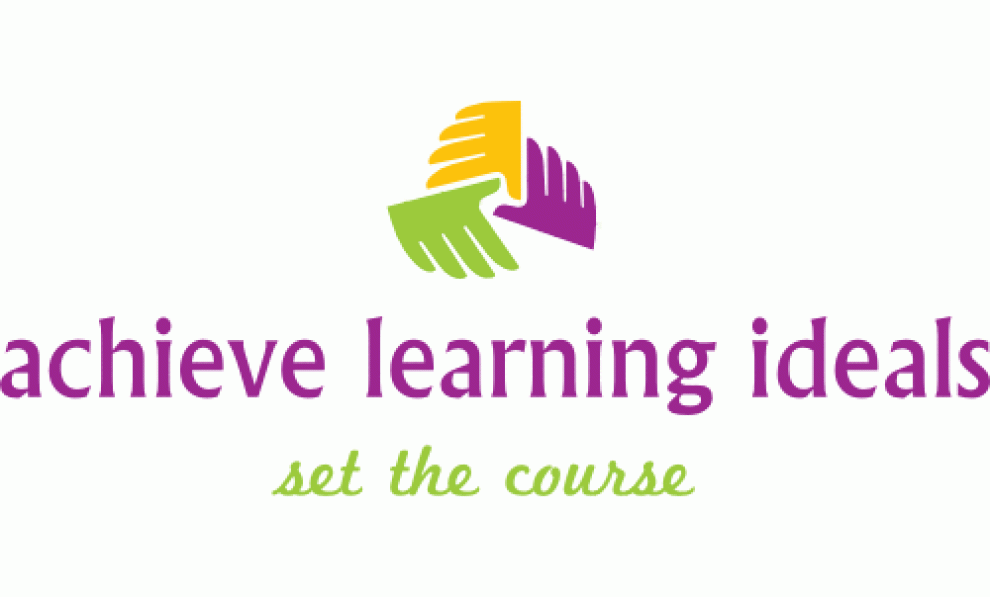Please don’t be “a snob” about your children’s reading choices- think of Captain Underpants (http://www.amazon.com/New-Captain-Underpants-Collection-Books/dp/0439417848) as a chance to have a child enjoy the humour a well written satire will produce, accept the comic novels and graphic stories such as “Dork Diaries” (http://www.dorkdiaries.com/home/ interactive website accompanies the series) and be pleased when you see a child reading independently and comfortably. Readers read*, almost anything and everything, and develop vocabulary, empathy, and thinking skills, while learning to appreciate different points of view; a classic today, such as Wuthering Heights by Emily Bronte (http://www.amazon.com/Wuthering-Heights-Dover-Thrift-Editions/dp/0486292568/ref=sr_1_1?s=books&ie=UTF8&qid=1385496533&sr=1-1&keywords=wuthering+heights) was apparently a “shocker” when first published (1847) and shipped in brown packaging – 🙂
As promised, today’s feature will be links to other sites where annotated bibliographies allow for less random choosing of books as presents ( it IS Holiday season). In addition to Amazon, which often offers readers a chance to peep inside with their on line http://www.amazon.ca/Anne-Green-Gables-L-Montgomery/dp/0486283666 click to look inside button – a very good activity to practice as an inside look will quickly show the reader the grammar and vocabulary of the book, and Oprah‘s website where detailed reviews are posted, the following also have proven helpful. http://www.oprah.com/taglib/index.html?type=bookmark&tag_name=kidsreadinglist&display_name=Kids%20Reading%20List
Oprah’s list is extensive and clear/ separated by age groups: Please remember to try to find out what interests the young person you are selecting for. For example, someone might be very into a series and even if having read a library copy may wish to have one for personal use.
For younger readers, Indigo provides: http://www.chapters.indigo.ca/books/search/?keywords=younger%20readers , while also offering the following with adult readers in mind:
http://www.chapters.indigo.ca/heathers-picks/ Heather’s picks is an easy go-to source before heading to the store, although I do enjoy browsing a book store and holding a copy while weighing its merit as a gift; reading is a particular habit and not everyone enjoys the same material. In fact, books, like other art forms, vary in appeal…
Ok that’s the basics, then too there are local library lists, such as this one posted on the Toronto Public Library website: http://www.torontopubliclibrary.ca/books-video-music/books/booklists/teen-reads.jsp with their selection for teens-
I used to ask students to browse the sites and read the descriptions, then compile a list of twenty books they would choose. This allowed me to put together a package based on my budget and the choices on the list. For younger students, the reading of excerpts on line, together with an adult, can be a pleasant reading activity.
http://www.literacytrust.org.uk/yrp Lots of good, helpful information here, advice to parents, and a statement I agree with: “The importance of book choice is highlighted, which increases motivation to read”
The following is a book list geared to educators and organized by grade level (American). The list is extensive and comes with a disclaimer in the beginning pages, a reminder that such lists are a “work in progress” – a comment that always reminds me that so are we- as educators, constantly striving to improve…
Click to access part1b.pdf
*If you have a young student struggling with reading, do not hesitate to select text with visual appeal, and even move into readers geared to the English as a second language learner; the repetition of words and specific vocabulary choices in such readers will help increase fluency as well as offer an opportunity to read a complete passage. Please remember that there is a huge difference between someone “not liking to read” and someone having trouble reading. “Not liking to read” can be a personal choice made by many a bright, capable individual who simply prefers other activities as a means of relaxing, but who has the skills to read as needed- for academics and for other areas of life. “Not being able to read” could indicate other problems; http://www.interdys.org/ International Dyslexia Association which is American based; the Canadian Pediatric Society has devoted a full page to links with articles and advice for new parents and parents in general:
http://www.cps.ca/issues-questions/literacy
Reading for some will rank right up there with any activity – some love music, others dance, still others hockey, football, soccer etc. Don’t forget the motivation that reading about a “hero” could provide.
Thanks for reading …

